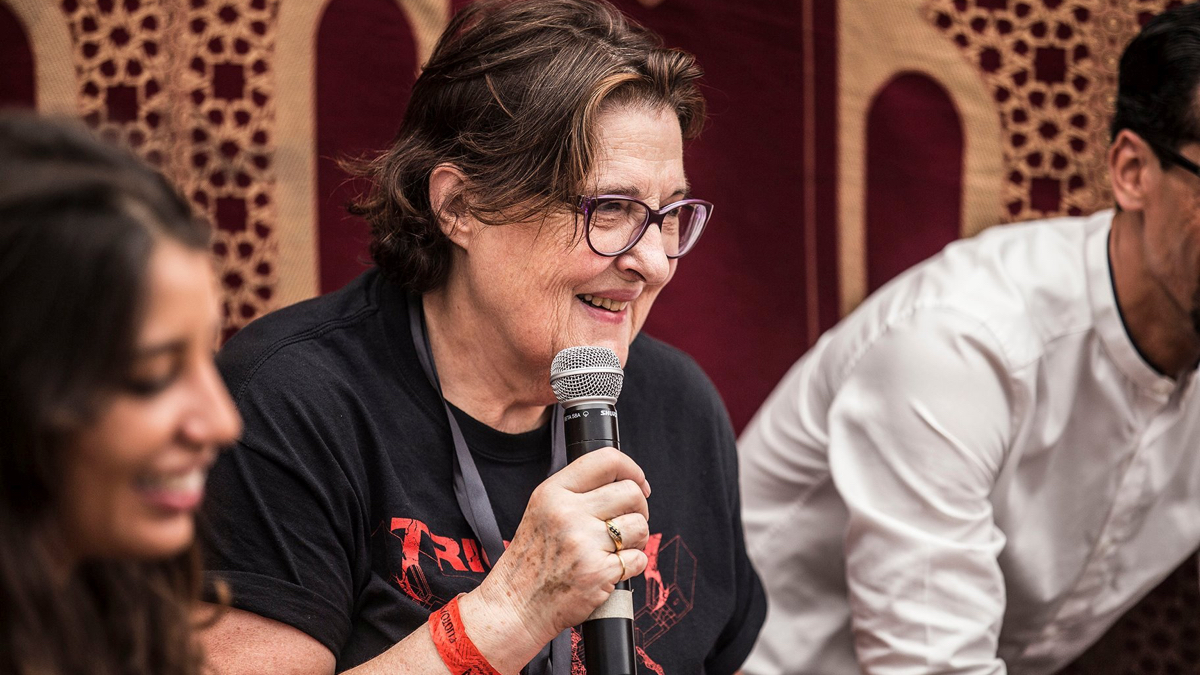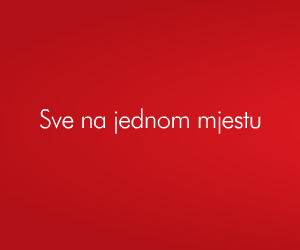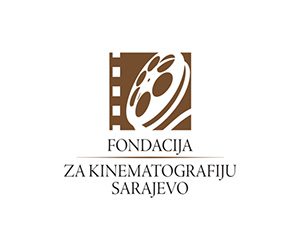
21/08/2020
I presented an alternative Morocco: punk and metal, not palm trees and camels
Once a punk, always a punk? This is the question that university professor Dominique Caubet asks with her directing debut, after she accompanied the young punk through the streets of Casablanca for eight years.The film 'Dima Punk', after many prestigious festivals, is screened in the competition of the 21st Mediterranean Film Festival. It was an occasion to talk to a professor who introduces us to the alternative scene of Morocco, but also reveals why the producer presents her as a 'young 74-year-old director and punk'. *The central character of your film - Stof, is presented as "one of the last punks" of Morocco.
Yes. I first met Stof at the ‘L'Boulevard’ festival in May 2010.I followed the festival as usual and we decided to film him. He was 17 years old and he appears at the beginning of the film ‘Dima Punk’ with his short red Mohawk.His appearance was very impressive and full of humour so he joined several punks coming from all over Morocco to take part in the festival, an annual event for all the fans of alternative music, rap, metal, punk or fusion.But I lost track of him because he didn’t have a cell phone or email at the time.A few years later I saw him at a metal concert and we filmed him downtown, at the place where all the alternative young men met, Yasminapark.Later, I continued filming him growing up, and the idea of making a film about him came much later.
You are following Stof’s quest for freedom that begins, as he says, in Yasmina Park. During the search, he states that all punks are forced to change their lives under the pressure of the society.What is the status of punk in Morocco?
It’s always been hard to be punk in the popular neighbourhoods of Morocco and Casablanca.Social pressure is very strong to encourage people to change, as Stof said.Keep in mind that punk there has regained interest and become fashionable very recently, around 2014.Today, punk in Morocco is superficial, modern: more of a look than a lifestyle.
In one of your publications you say that ‘music from the 2000s is inseparable from a much more global movement’. Introduce us to ‘Nayda’.
It is a movement which meant that music and art go hand in hand with a civil society movement that demanded freedom for many. Other domains. The so-called 'Arab Spring' has produced a new form of politics, direct democracy, and has largely failed or reformed various political parties.Nayda (2005-2007) is no longer present in Morocco, and what was gained during the movement on February 20 (Moroccan Arab Spring 2011) is lost and buried. The small spaces of freedom gained by both movements have gradually recovered. New hope comes from unexpected football fans, the Ultras who have entered the political arena with new anthems and tunes that are increasingly engaging.
You are a university professor, a linguist. How did you become interested in the Moroccan underground and alternative music scene?
I am originally a university professor and researcher specialized in North African Arabic at INALCO. I moved from the linguistics and dialectology of the Maghreb to sociolinguistics and the growing use of Daria (Moroccan Arabic) in the society, more specifically in the alternative music scene. Then I started working in the domain of cultural studies and the place of this scene in the Moroccan society.
What kind of music do you listen to?
I have always liked rock music...but I have become fond of rap, metal and punk after hanging out with the Moroccan scene.
The film has been awarded at numerous festivals.Are you satisfied with how it was accepted and does the audience understand what you wanted to show?
The film began its festival career earlier this year when events had to be cancelled or postponed ... this is disappointing, but it’s the same for everyone. In several public screenings we did there was a very good reaction from the audience: emotion and surprise at the same time. Unexpected images representing urban and alternative Morocco. Punk and metal, not palm trees and camels.
Your producer presents you as a “young 74-year-old director and punk”. Does this image suit you?
Yes, that’s how he presents me and it makes me laugh a lot. This is the first film I have directed and from that point of view, it makes me a young and new director. So, we can say he is right.
In 2008, at the Mediterranean Film Festival, you presented the film ‘Casanayda’, for which you wrote the screenplay. On that occasion, you also visited Široki Brijeg.What are your impressions of the city and the festival?
When we applied for your festival this year, I was hoping to visit Široki Brijeg again.I have very fond memories of my stay there and the atmosphere. I am really disappointed that today’s circumstances do not allow traveling.
Yes, the world has become a huge quarantine. How has this new situation affected you?
It was very difficult to deal with the shock created by this pandemic.My mind was empty, not working properly. I really don’t know how long we will have to live like this, with security measures.This makes me unhappy and angry.Covid stopped all the projects I was working on, but I hope to start researching again when people start moving more freely - in real life and also in their minds.
*Text published in Večernji list


